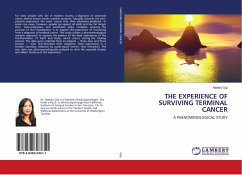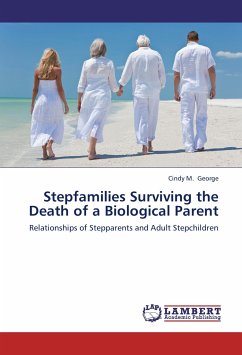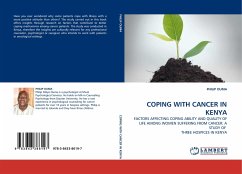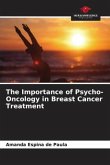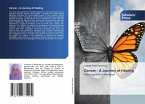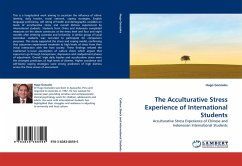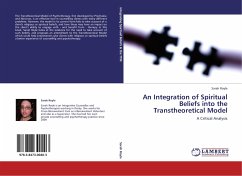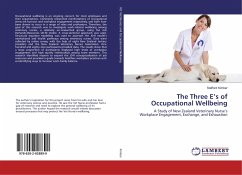For most people who live in modern society, a diagnosis of advanced cancer almost always means a death sentence. Typically, towards the end, patients experience the exact course that their physicians predicted. In some rare cases, however, people go against all odds and live far longer than their prognoses, and sometimes make complete recovery. The purpose of this investigation is to explore the experience of recovering from a diagnosis of terminal cancer. This study utilizes a phenomenological research approach to capture the essence of the lived experiences of the transformation of mind and body, which occurs during the healing process. The data were collected from six subjects - three men and three women - who first described their subjective, lived experiences in a written narrative, followed by audio-taped face-to- face interviews. The raw data was phenomenologically analyzed to elicit the essential themes and salient features of this experience.
Bitte wählen Sie Ihr Anliegen aus.
Rechnungen
Retourenschein anfordern
Bestellstatus
Storno

